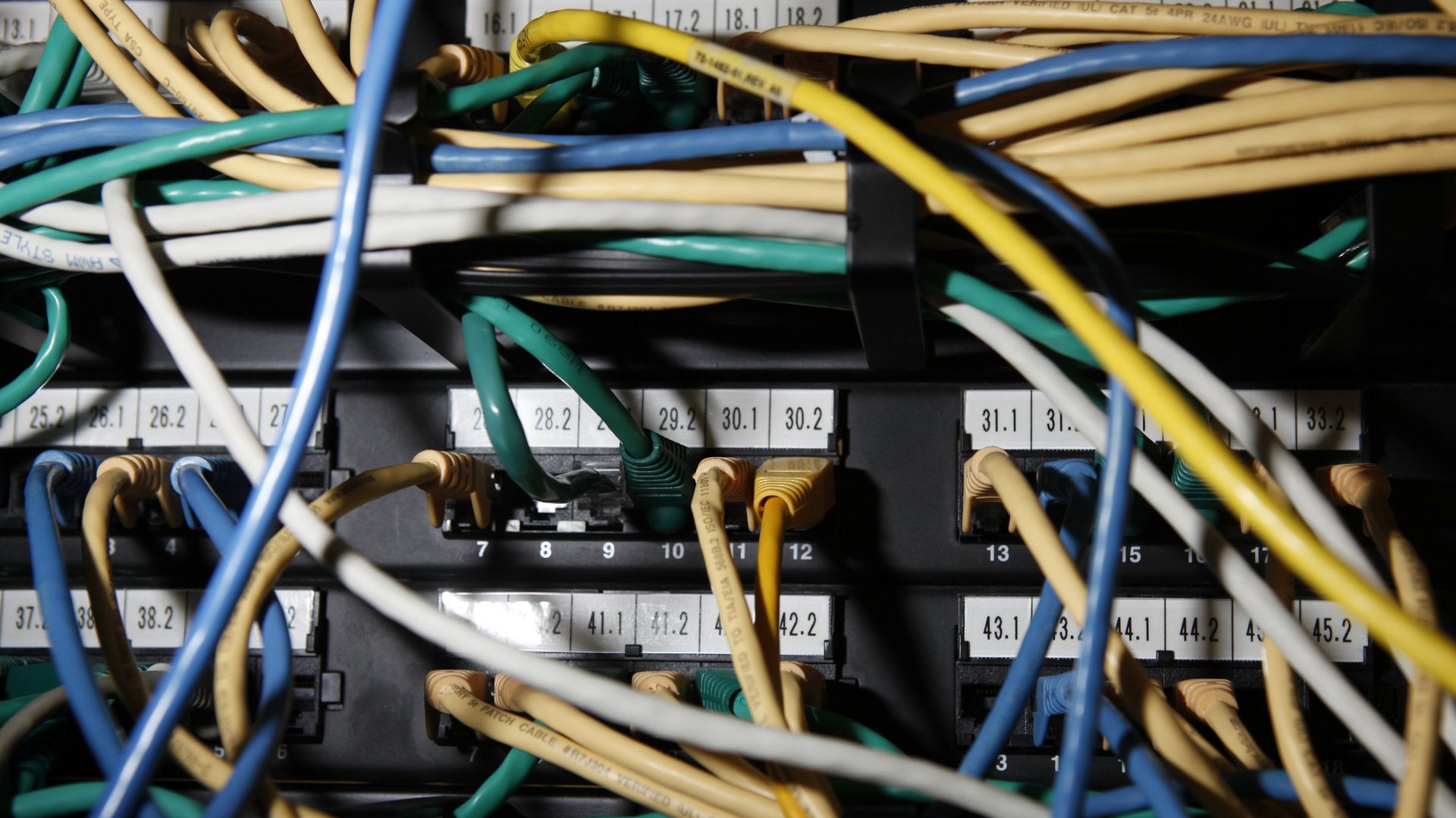Europe doesn’t need net neutrality because broadband-market anarchy is working
The net neutrality debate in the US has ended, at least for now, with the Federal Communications Commission ruling for stricter regulation of telecoms and internet service providers (ISPs) in order to maintain a level playing field. But why hasn’t the same debate been had in the UK?


The net neutrality debate in the US has ended, at least for now, with the Federal Communications Commission ruling for stricter regulation of telecoms and internet service providers (ISPs) in order to maintain a level playing field. But why hasn’t the same debate been had in the UK?
There is an idea in game theory (a branch of economics) called the price of anarchy, which tries to represent a measure of how badly a system (such as a market) operates due to the selfish behavior of those involved in it.
This seems like a rather good way to look at net neutrality, the debate about how well the internet as a system is able to function in the presence of competition between the ISPs and telecom firms that provide access to it.
For customers, think of this in terms of the neutrality of ISPs—these are the firms that connect individuals, homes, businesses, and institutions to the internet. How they act can be seen as a measure of how well they are able to compete.
For example, the degree to which ISPs use traffic management or “middlebox” network appliances to adjust the traffic flowing through their networks might be a measure of how well or poorly they are able to compete with their direct competitors—other ISPs. The same could be said for the degree to which they may try to play the vertical market—their suppliers and customers—by either reducing their costs for carrying bulky (and therefore expensive) content such as video, or by improving performance for a particular group of users who have preference for a particular service or content such as TV-on-demand (and who may be willing to pay for it).
In the US, the FCC has found it necessary to rule in favor of enforcing neutrality with regulation because there was a lot of this sort of gaming of the market going on. Its ruling stated:
The nature of broadband internet access service has … changed [and] broadband providers have even more incentives to interfere with internet openness today.
The regulations therefore dictate that there is to be no blocking, no throttling, and no fast lanes by ISPs.
In the UK’s broadband market, as in Europe, Japan, and South Korea, it seems the market is operating properly, and so effective competition has reigned in the selfish behavior of operators—anarchy is working well. In other words, the regulators here have tested the market and found that there’s a fairly reasonable collection of price/performance points that customers can choose to buy or rent services at. Despite some bleating to the contrary, there doesn’t appear to be too much in the way of arbitrary interference from ISPs in the way they treat traffic and content traveling over their networks.
Indeed, in the most populated parts of Europe there are quite a few different ways customers can get internet access: ADSL over the telephone network is most common—with internet over the cable television network—and more recently the roll-out of fiber optic connections to street cabinets or directly to the home offered in many cities by more than one provider each. Further options such as the increasingly fast 3G and 4G mobile broadband internet on phones and tablets offer further competition to “keep each other honest.”
Having said that, there are certainly aspects to how mobile phone providers treat data on their networks that are not really “neutral” in the same sense, but it would appear most of these are types of traffic management that is aimed at maximizing the value of the spectrum to the customers (and therefore the operator), rather than deliberately treating different content providers in different ways.
Of course things could change, so regulators keep a close watch on the operations of the market, using frequent detailed traffic measurement reports to make sure things are not too out-of-kilter. An approach that seems to have worked, for the moment.